A BC court has thrown out a lawsuit filed by several BC cannabis retailers who say the government has failed to enforce its own regulations.
From StratCann by David Brown September 19 2023
The plaintiffs had alleged that the BC government failed to enforce its licencing requirements to shut down retail cannabis locations that operate without provincial approval.
The 14 retailers in BC were seeking $40 million in damages and the enforcement of these provincial cannabis regulations, saying the lack of enforcement against unlicensed stores on First Nations land was damaging their business and they were owed a “duty of care”.
In their defence, the province claims it does not owe the plaintiffs a private duty of care to ensure they do not lose profits while competing with unlicensed cannabis retailers operating on Indigenous Reserves.
In a ruling posted September 18, the court ruled that the retailers’ claims were not reasonable and that they cannot prove the government has a duty of care owed to them to enforce provincial regulations. Although the court does not dispute that provincial law states all cannabis retailers in the province must be licensed by the BC government, it ruled that the government does not have “positive duties to enforce its regulations,” noting they are “discretionary enforcement powers.”
The judge in the case writes: “The discretionary exercise of these enforcement powers that takes reconciliation with Indigenous people into account is neither unusual nor surprising. This is because whenever such powers are conferred by statute, it is expected that decision-makers will balance many competing rights and obligations beyond the obligation to enforce the law. These considerations include “the government’s obligation to bring about the reconciliation of Indigenous and non-Indigenous peoples through negotiation”.
The lack of enforcement of provincial cannabis regulations by provincial authorities constitutes a breach of public trust and negligence of duties, argues the group of retailers.
In the past, BC’s Minister of Public Safety noted that the province has been hesitant to enforce its own laws in relation to cannabis stores on First Nations’ lands due to the potential of exposing the province to a wider lawsuit dealing with jurisdictional challenges. These challenges could have the potential to extend well beyond cannabis regulations, leading provinces and the federal government to move cautiously.
Many First Nations community leaders argue their own authority to manage cannabis sales and even production. Some legal experts and activists have also seen the potential to utilize the issues surrounding cannabis licensing as a way to highlight overarching and historical jurisdictional challenges to both federal and provincial laws.
Rather than prioritizing the enforcement of provincial retail cannabis regulations in First Nations communities, the province has focussed on assisting communities who express an interest in creating opportunities within the provincially regulated market. These include a recent addition to the province’s regulations, section 119, which allows the province to enter into sales agreements with First Nations communities operating within provincial and federal regulations.
Some retailers have expressed frustration that numerous unregulated cannabis stores operating in BC with no provincial enforcement are undermining their ability to operate profitably. Retailers note they have spent years obtaining a provincial licence and paying a significant amount of provincial taxes, making it impossible to compete with unregulated retailers. The issue has been especially felt in BC’s interior region, where some estimate more than 100 unregulated retail stores operate.
Mike Morris, the BC MLA for Prince George/Mackenzie and the official opposition critic for Public Safety and Solicitor General, has raised the same concerns.
“Our view of the claim that’s being advanced is that proper enforcement by the government of British Columbia will benefit all of British Columbia’s communities, both on reserve and off reserve,” says David Milosevic of Milosevic Fisk LLP, the legal team for the plaintiff.
The full claim can be read here.

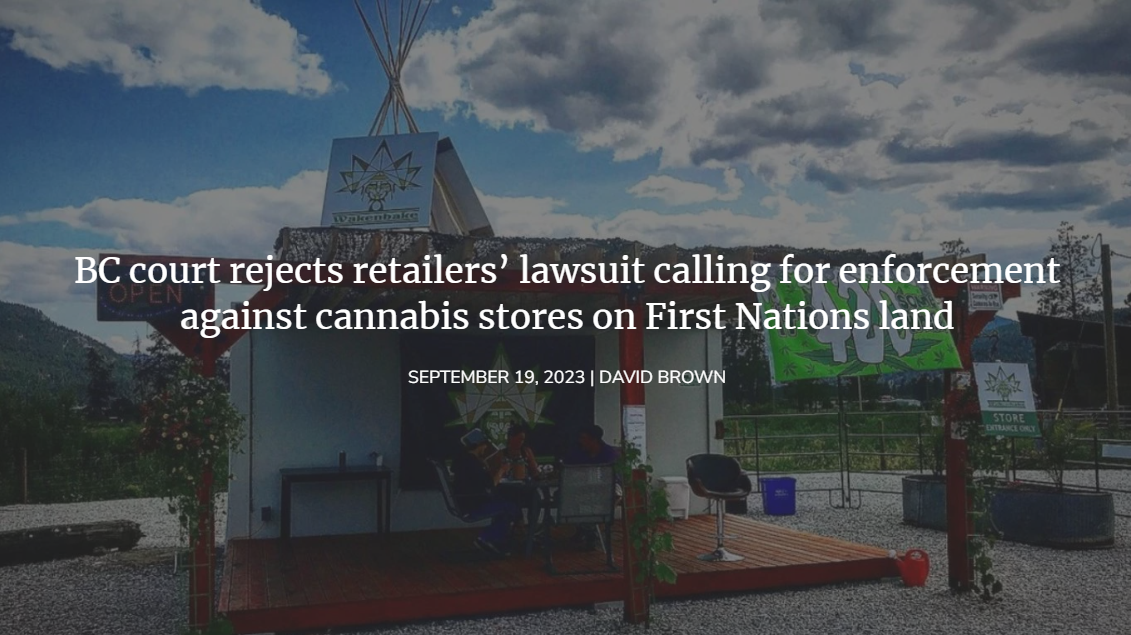







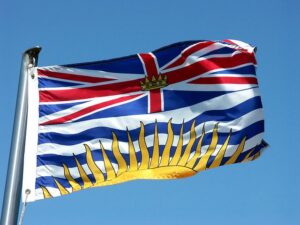
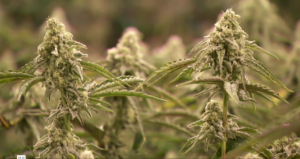



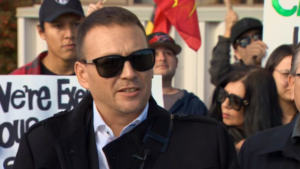

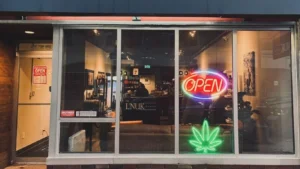

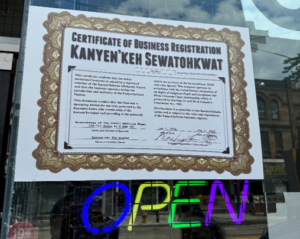

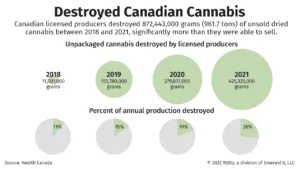

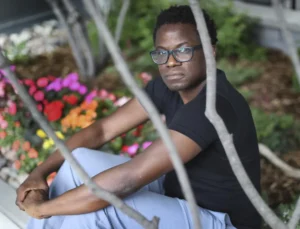
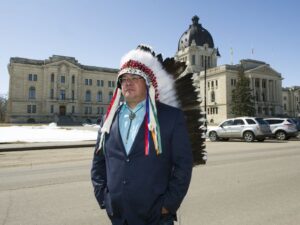

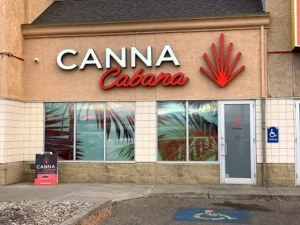

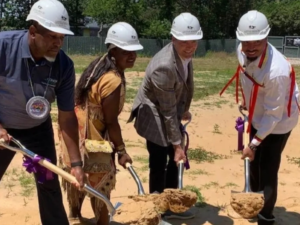


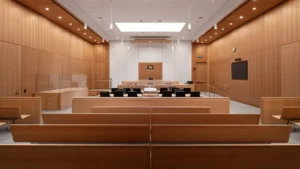
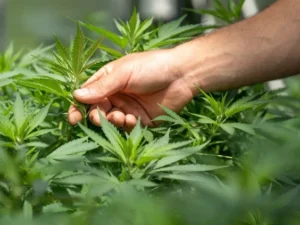

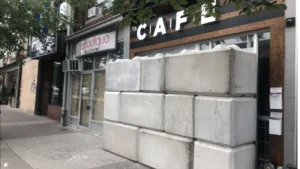
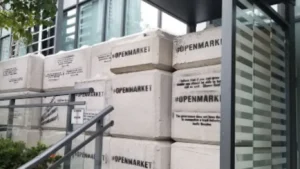
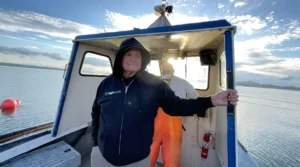
Comments are closed.